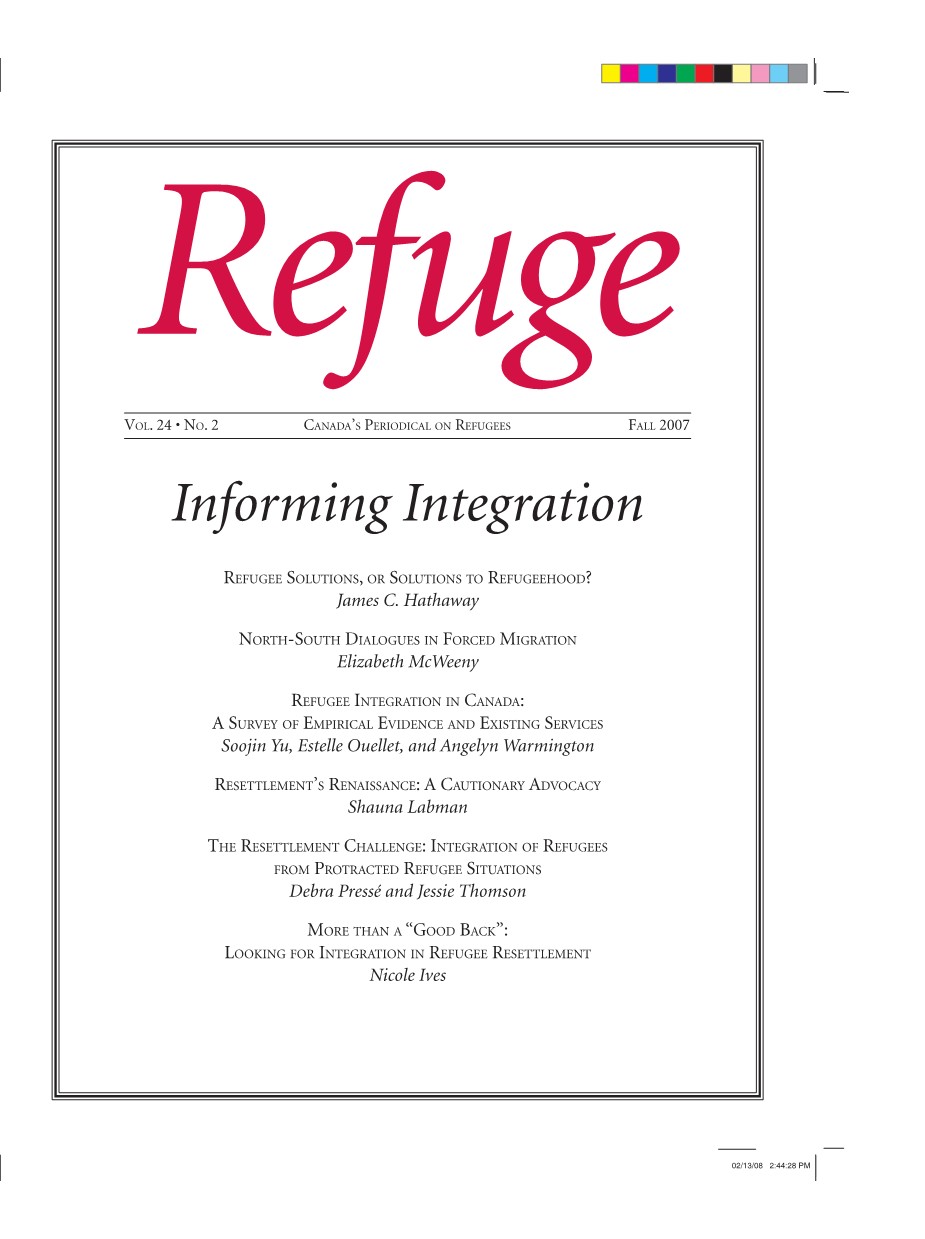Migration Workers as Political Subjects: Globalization-as-Practices, Everyday Spaces, and Global Labour Migrations
DOI:
https://doi.org/10.25071/1920-7336.21390Keywords:
Philippines, Filipino migrants, migrant workers, labour migration, globalization, social relations, genderAbstract
Within the currently intensified labour flows from developing societies to highly industrialized areas, the Philippines has been the largest supplier of government-sponsored contract workers. Overseas contract employment was institutionalized by the Philippine government in 1972 to tackle the problems of unemployment and foreign debt. The remittances from migrant workers have become a major source of foreign currency for the national economy, which led the then president Aquino to call overseas workers “national heroes.” In this light, building upon Louise Amoore’s conceptualization of globalization as sets of globalizing social practices, my essay will investigate the concrete, contingent, and situated practices of global labour migration. By so doing this analysis will stress that these migrant workers are not passive recipients of Philippine state policies but are agential political subjects. It will argue that the structured social practices of global labour migrants not only participate in and depend on, but also contest and negotiate, the (re)constitution of capitalist relations of production and social reproduction within the neo-liberal restructuring of global order. The objective of my essay is to contribute towards both the illustration of global politics as social relations produced by various actors in multiple spheres and emergent crucial efforts to pursue the possibilities for an emancipatory project and political resistance.
Metrics
Downloads
Published
How to Cite
Issue
Section
License
Copyright (c) 2007 Hironori Onuki

This work is licensed under a Creative Commons Attribution-NonCommercial 4.0 International License.
Refuge authors retain the copyright over their work, and license it to the general public under the Creative Commons Attribution-Non Commercial License International (CC BY-NC 4.0). This license allows for non-commercial use, reproduction and adaption of the material in any medium or format, with proper attribution. For general information on Creative Commons licences, visit the Creative Commons site. For the CC BY-NC 4.0 license, review the human readable summary.







